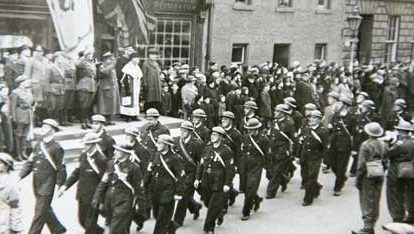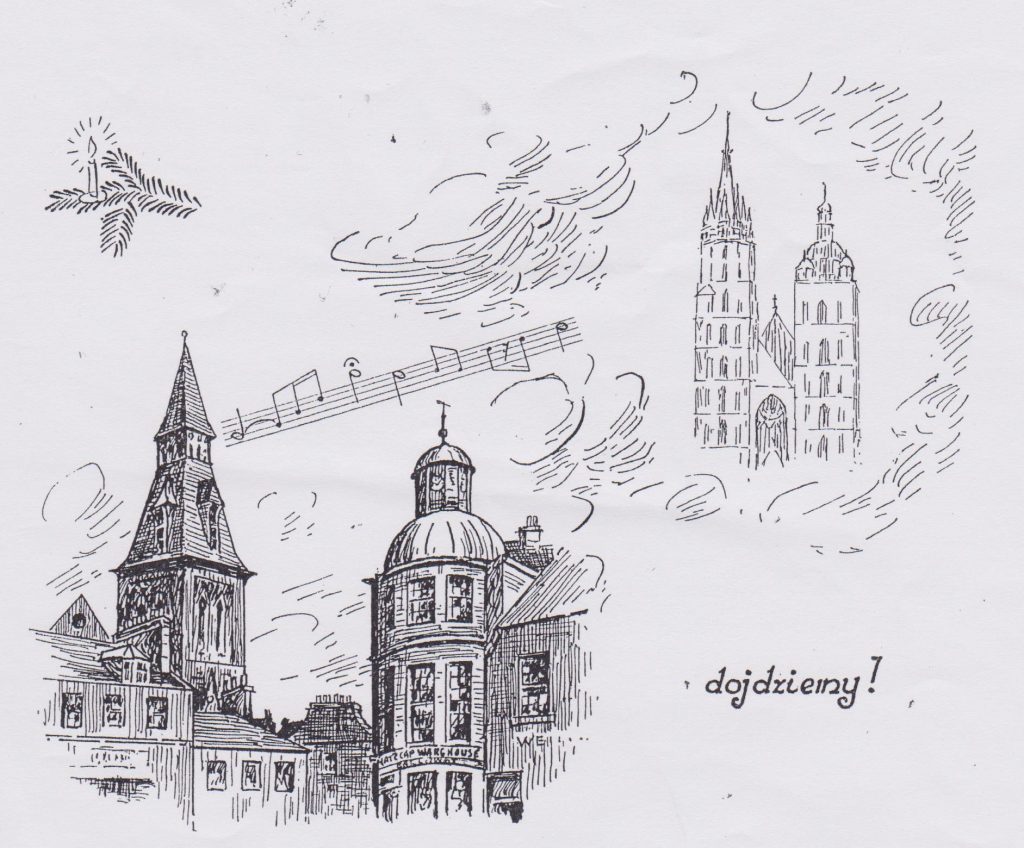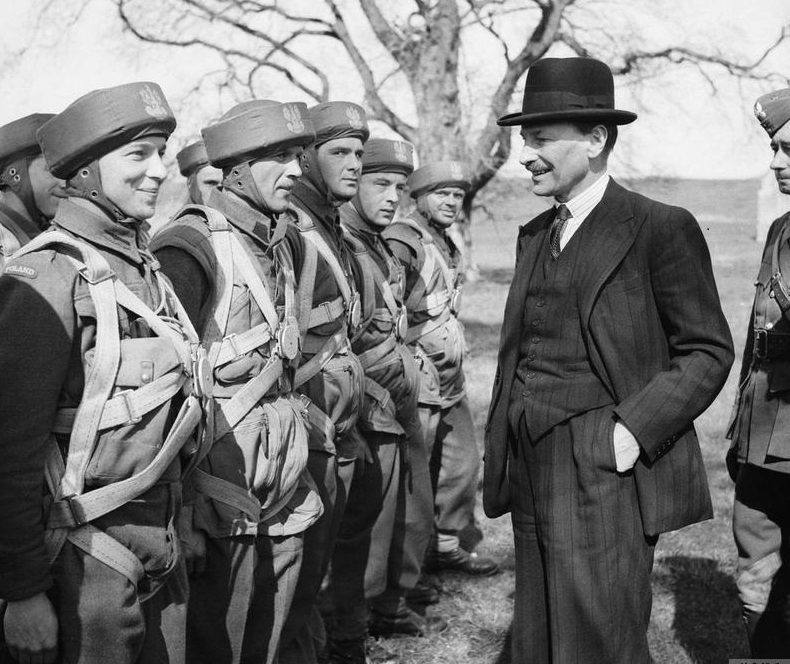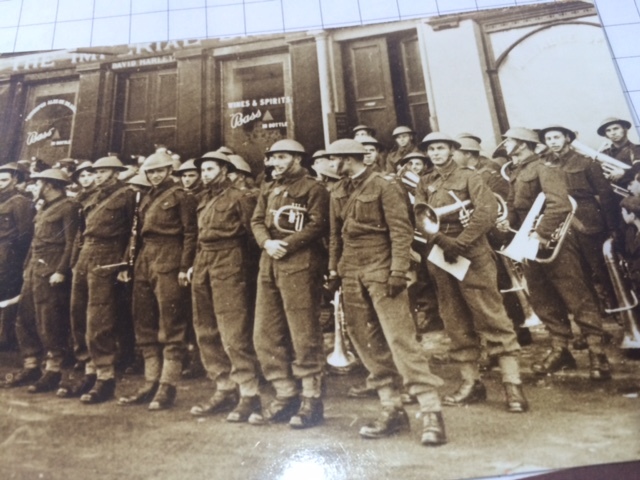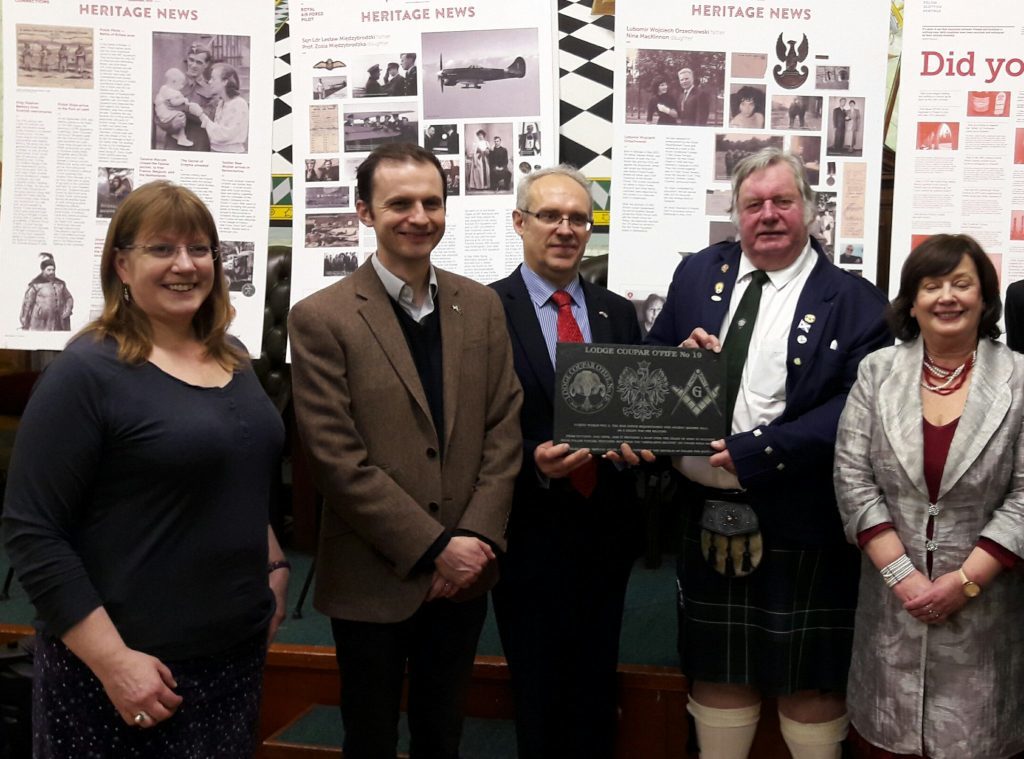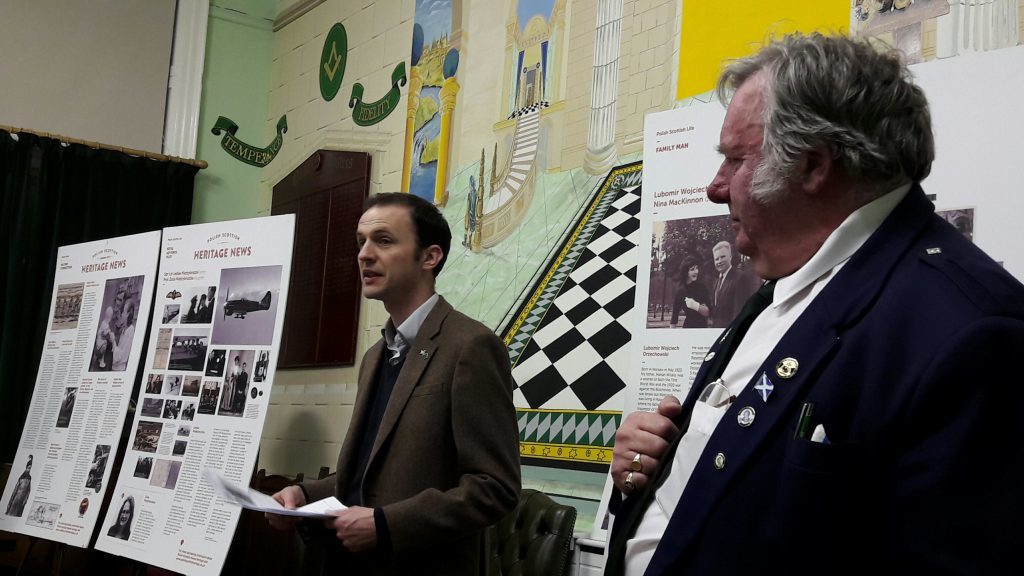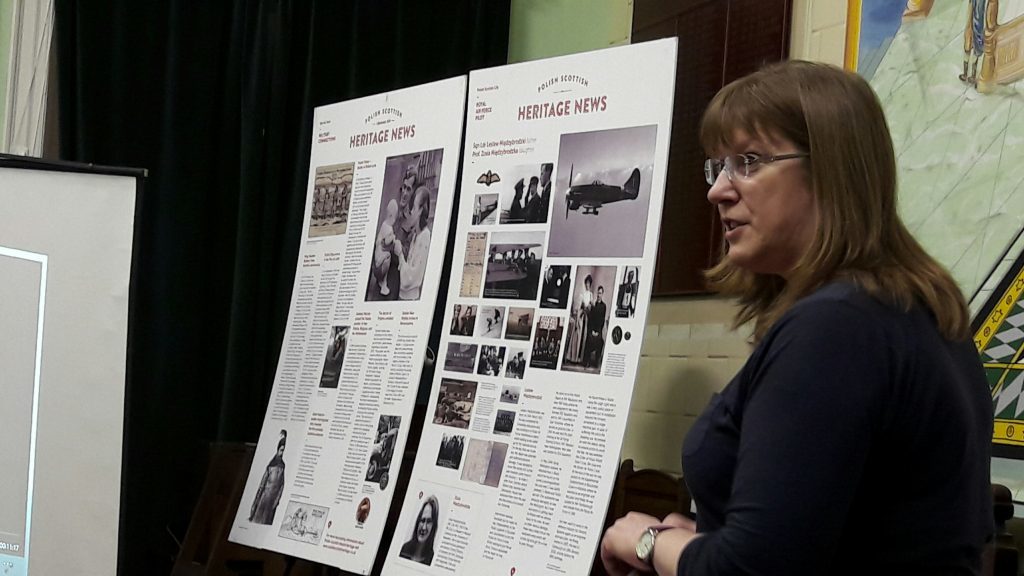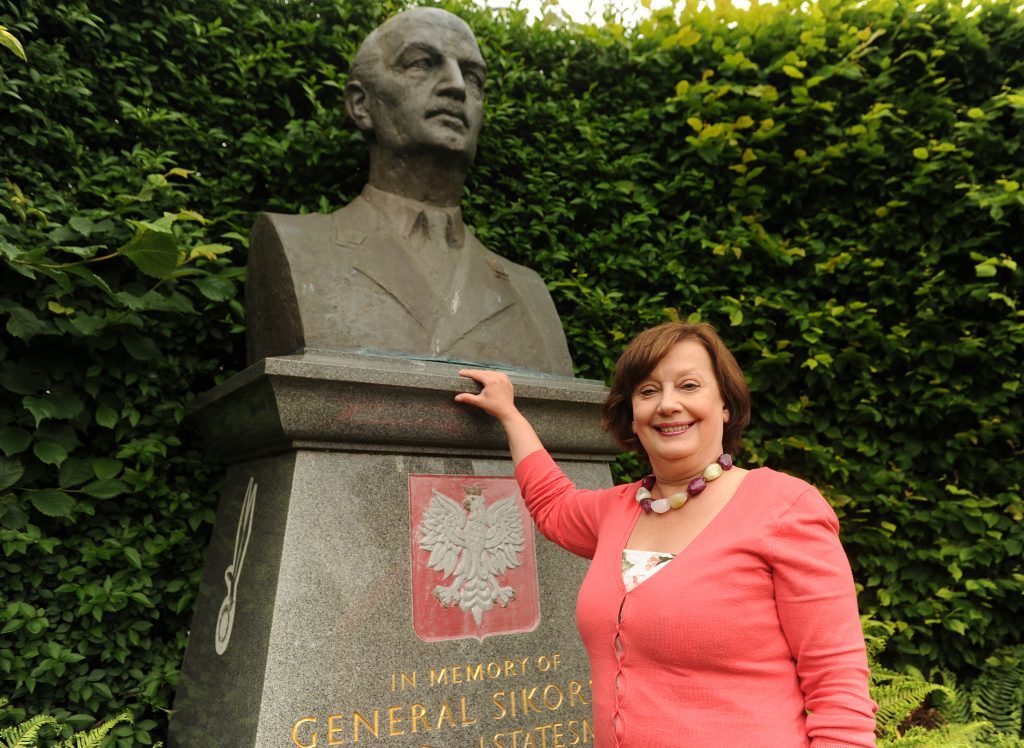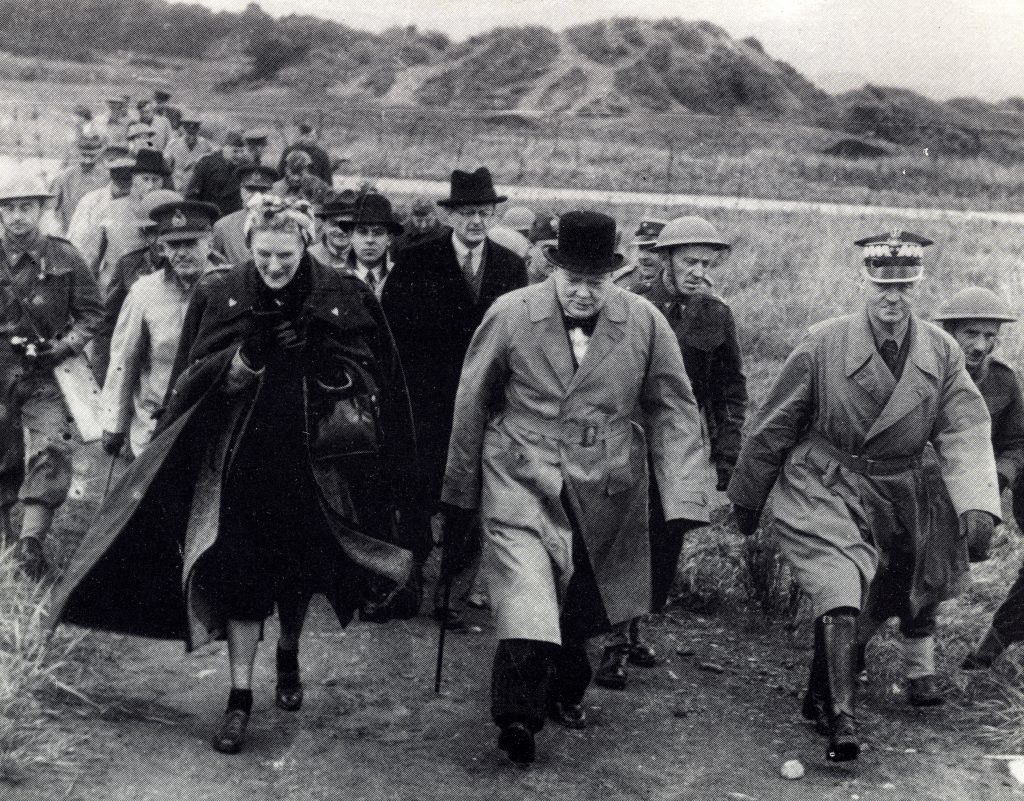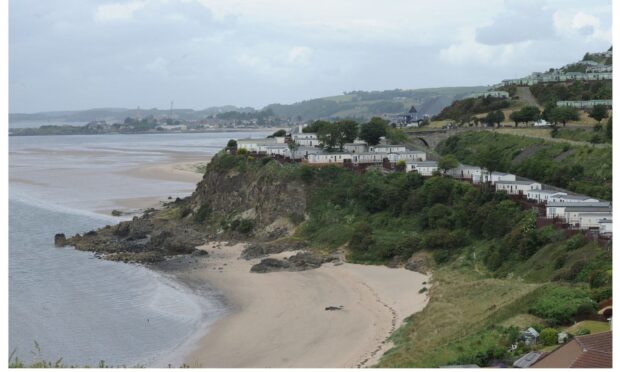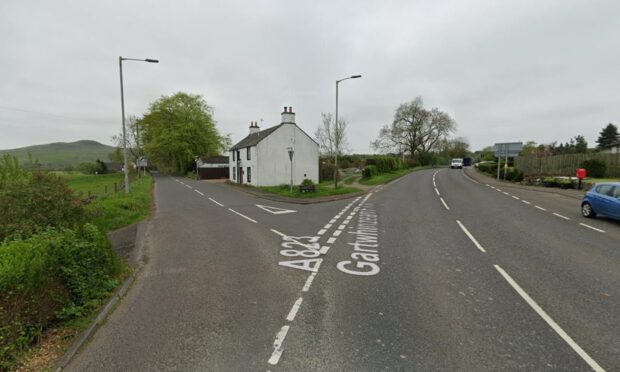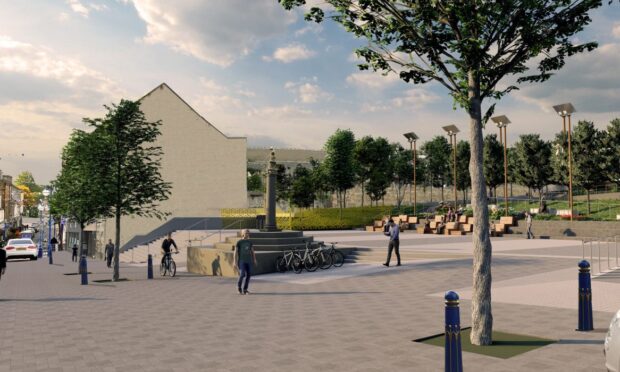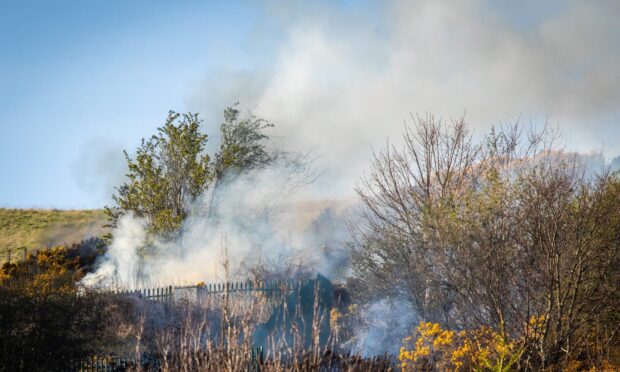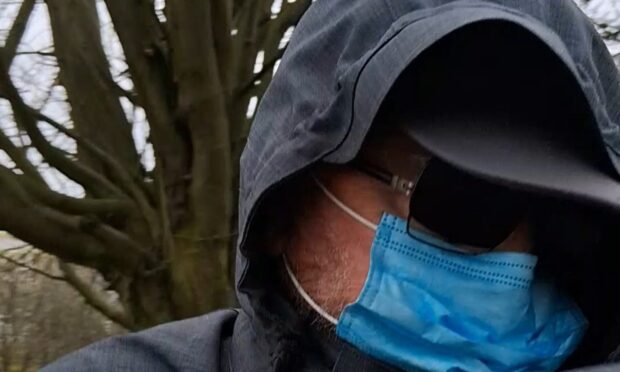A campaign has been launched to remember the exiled Polish soldiers who were stationed in Cupar, Fife, during the Second World War – and the many who settled in the area afterwards. Michael Alexander reports.
At midday every day for hundreds of years, a trumpet call has sounded from the famous tower of St Mary’s Church in the Polish city of Krakow – and it still does.
The five-note traditional anthem, dating back to at least 1392, was traditionally a signal to mark the opening and closing of the city gates at dawn and dusk.
But when the Nazis overran Poland in September 1939, they tried to stamp out every Polish tradition – including the playing of the trumpet call.
Hundreds of miles away from Krakow, however, the trumpet call continued to sound each day throughout the war as exiled members of the Polish Army, stationed in Cupar, Fife, from October 1941 until 1946, took to the tower of the town’s Corn Exchange each day to honour their homeland.
The aim was to remind their Allies of the common aim to defeat the enemy and restore the ancient customs of Poland and other lands.
The indelible links between Poland and Scotland, which date back centuries, have been remembered at a special event held in Cupar.
And now a campaign has been launched to fund a permanent memorial to the Poles who were stationed in the town – many of whom settled in the area after the war and still have descendants living close by to this day.
Polish military persons stationed in Cupar included the 1st Polish Rifle Brigade and an ambulance section which was billeted to the Lodge No 19 building at 72 Bonnygate.
Soldiers were also billeted to the former Cura’s fish and chip shop at the foot of Lady Wynd – now occupied by the Caspian fast food takeaway.
It was Polish soldiers who built invasion stop defences between Newburgh and Dysart, beach defences in Tentsmuir, and guarded German Prisoners of War.
Other Poles – unable to return home – came to the area after the horrors of war as “displaced persons” with many being temporarily based at the Annsmuir Displaced Persons’ Camp, Ladybank.
Douglas Abercrombie of Lodge No 19 Cupar explained that volunteers going through the minutes of the masonic lodge came across handwritten notes with the names of Polish soldiers stationed in Cupar, and a beautiful Christmas card detailing the Krakow trumpet call tradition from the Corn Exchange.
Mr Abercrombie said: “Our aim is to celebrate the bravery of Polish military personnel in this area and their contributions to the local communities after the war. Many of them made their homes here, contributed with their skills, enriched the culture and became valued members of the community.”
Unveiling a special plaque at an event organised jointly by the masonic lodge and Fife Polish Education Trust, Polish Consul General Dariusz Adler said: “I am pleased to unveil the plaque which will stay as a reminder of the Polish soldiers in Cupar in the Second World War and the Polish involvement in Scotland.
“I am grateful to the many volunteers and the members who decided to remind us about the cooperation between the people of Scotland the Polish soldiers.”
North East Fife MP Stephen Gethins, the SNP’s Europe spokesman who spoke at the event, said it was a great example of Cupar’s close links and deep respect for the Polish community.
He said: “The turnout was fantastic and organisers deserve so much credit for providing a very informative evening.
“We should never forget the debt of gratitude we owe the Polish service personnel who defended Fife and the rest of the UK during the war and the valuable contribution made by the Polish community in this area since then.
“I am very glad that so many people of Polish descent have made North East Fife their home.
“Their contribution made it a better place to live and I hope they continue to stay here.”
Some 72,000 Polish troops came to Scotland during the war and there were around 2,500 Polish-Scottish marriages as a result.
With memorials already established in St Andrews, Leven and elsewhere, Cupar SNP Fife councillor Karen Marjoram said it was time for a permanent statue in Cupar – possibly at the Corn Exchange.
She said: “It’s amazing to think that the Fife coast was the only place in the British Isles which was defended solely by foreign forces. Everywhere else had its ‘Dad’s Army’. But Fife was defended by Poles.
“Every single community in Fife had a Polish contingent within it.
“There was a huge spirit of admiration for the Poles that came here with their commitment to the war effort.
“Local people had a huge sympathy for their plight as exiles. It must have been very difficult for them to come here to a very different very foreign land, and there was a great deal of hospitality that went on.”
Violeta Ilendo, chairwoman of Fife Polish Education Trust said: “I was absolutely delighted to see so many local people who attended the event. We had excellent speakers, and I would like to say a big thank you for their contributions.
“It was a truly amazing event, and a show of Polish-Scottish connections and an almost a lost Cupar history!
“The huge attendance and lots of conversations – some in Polish language – simply shows that there is a need for this tiny project, run by four volunteers, to raise funds and create an organisation to take it forward in collaboration with the local community, and similar projects”.
